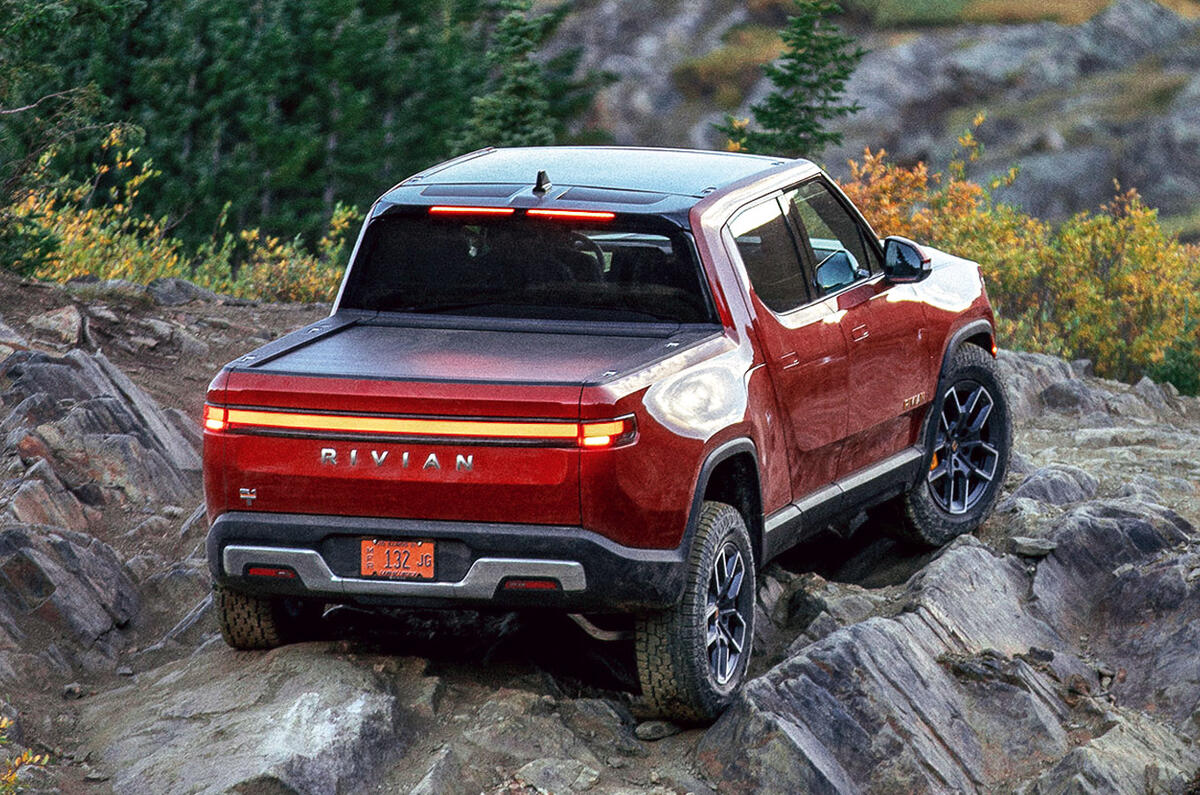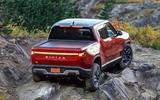“EV start-ups have raised money, floated and set up factories; all they need to do now is make the vehicles,” wrote a Financial Times reporter in a recent deep dive into the challenges facing new firms looking to seize the opportunities of electrification and its seemingly lower entry costs than for ICE car making.
Few exemplify the point like Rivian, the American electric truck maker that has been backed by Amazon and at one point had a stock-market valuation double that of Ford (another early investor); yet has made so far fewer than 1500 vehicles and warned recently that it’s unlikely to have made more than 25,000 by year’s end.







Join the debate
Add your comment
Oh boy, it's not just Rivian. There are dozens of EV companies hitting the stock market in a fanfare of green washing and virtue signalling. And no one (Autocar included) is questioning their business plans or scrutinising them in any way whatsoever, even when they are receiving sizeable government grants and subsidies. Anyone remember the dotcom bubble?
@ Bill Lyons
Totally in agreement with you on this! Madness.
Well done Autocar, stating the bleeding obvious...
Anyone and their dog can build a prototype - the true challenge is taking that prototype, and turning it into a production vehicle built at scale and with quality.
The prototype stage takes millions, the production and build quality can run to hundreds of millions for an established automaker. A new starter? - Add 3 orders of magnitude.